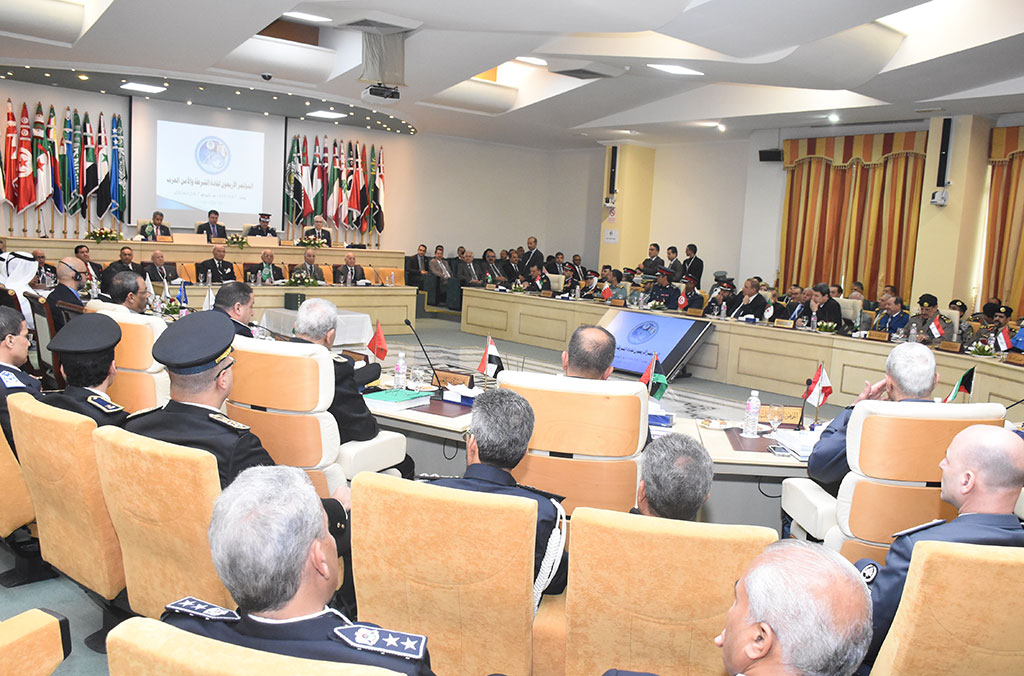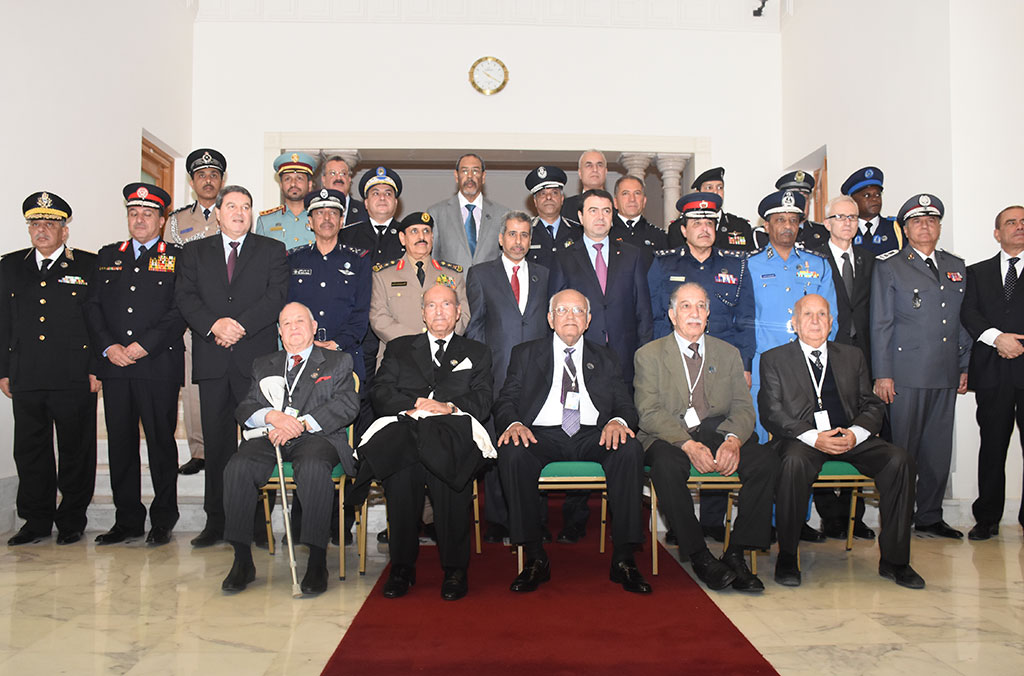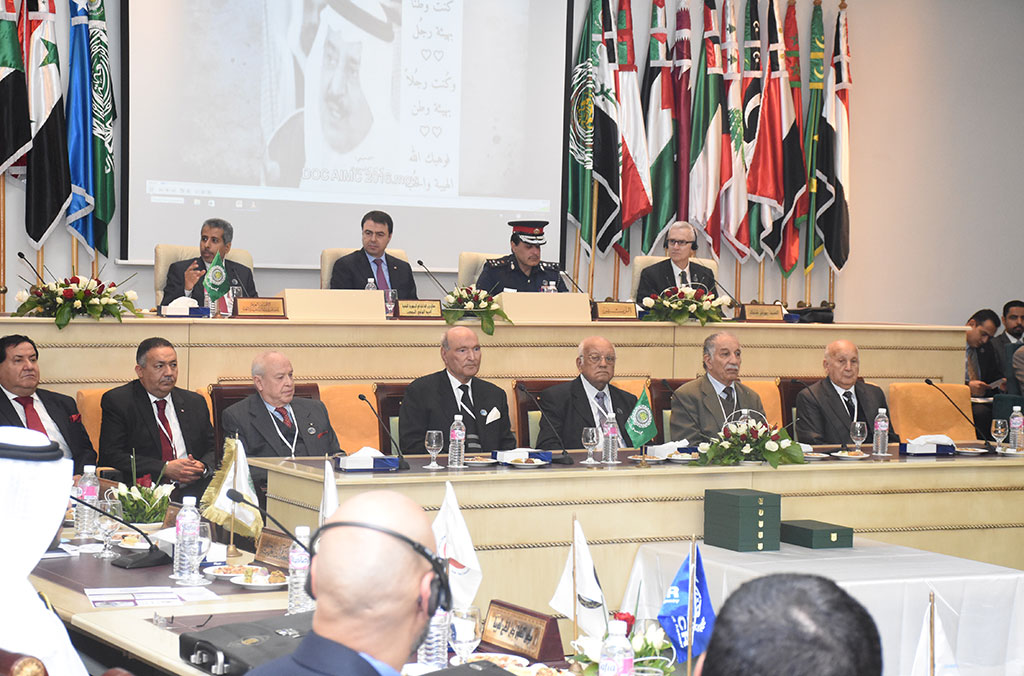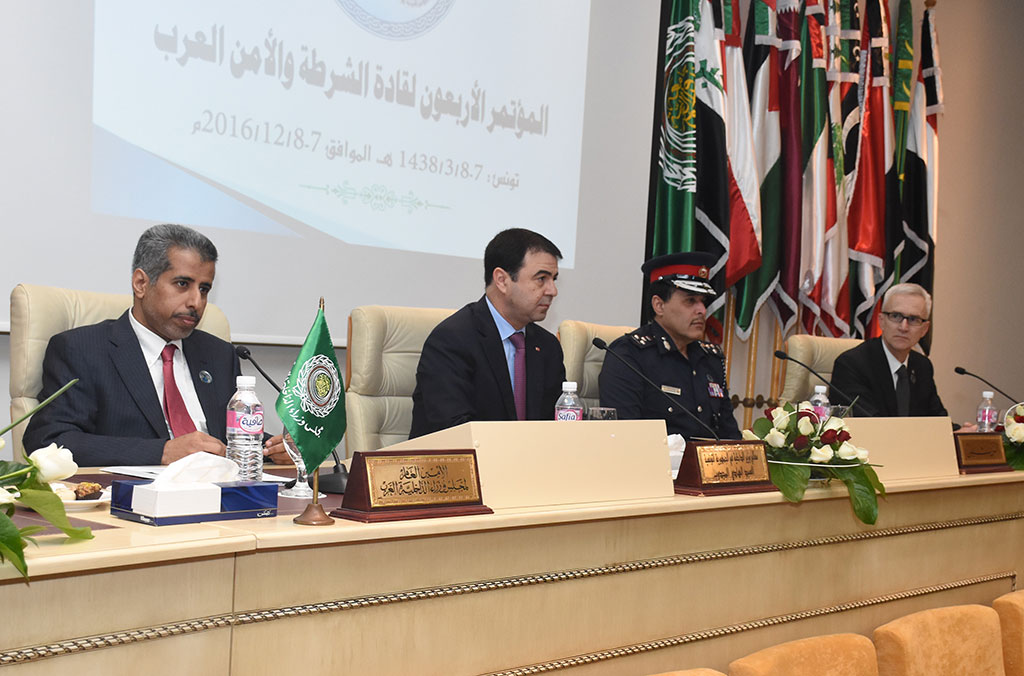TUNIS, Tunisia – INTERPOL Secretary General Jürgen Stock has told a meeting of the Arab Chiefs of Police their continued, and enhanced, support is vital in responding to the threat of Foreign Terrorist Fighters (FTFs).
Addressing the meeting convened under the Arab Interior Ministers Council (AIMC), Mr Stock said their experience and expertise made them well versed in addressing the complexities of today’s global threat landscape.
The INTERPOL Chief highlighted the positive examples of information sharing, pointing to the example of Tunisia as the single highest contributor of FTF profiles to INTERPOL. To date, more than 9,000 profiles of suspected FTFs of more than 80 nationalities have been reported to INTERPOL by 61 countries.
Recognizing the importance of regional stability and security, Mr Stock also welcomed Jordan’s recent expansion of access to I-24/7, INTERPOL’s secure global police communications system to all 13 border points to assist national authorities in identifying and preventing security risks.
“Technical collaboration is crucial in ensuring that the right police information reaches the right officer at the right time, thereby strengthening our common efforts to protect citizens from the threat of transnational crime and terrorism,” said Secretary General Stock.
“By streamlining regional efforts with international action, we can close security loopholes and identify potential threats before they become a tragic reality of an attack,” added the INTERPOL Chief.
In discussions with Tunisia’s authorities on the sidelines of the meeting, including with Tunisian Minister of Interior Hédi Majdoub, Mr Stock reviewed the transnational security challenges faced by the region and country.
INTERPOL established a Memorandum of Understanding with the General Secretariat of the AIMC in 1999, covering the areas of mutual consultation and coordination, information sharing, reciprocal representation and technical cooperation.
In July 2016, INTERPOL joined the Global Coalition to Counter ISIL – comprising, among others, 13 AIMC member countries - as a neutral police body to support efforts in stemming the flow of foreign terrorist fighters and stopping Da’esh financing.







